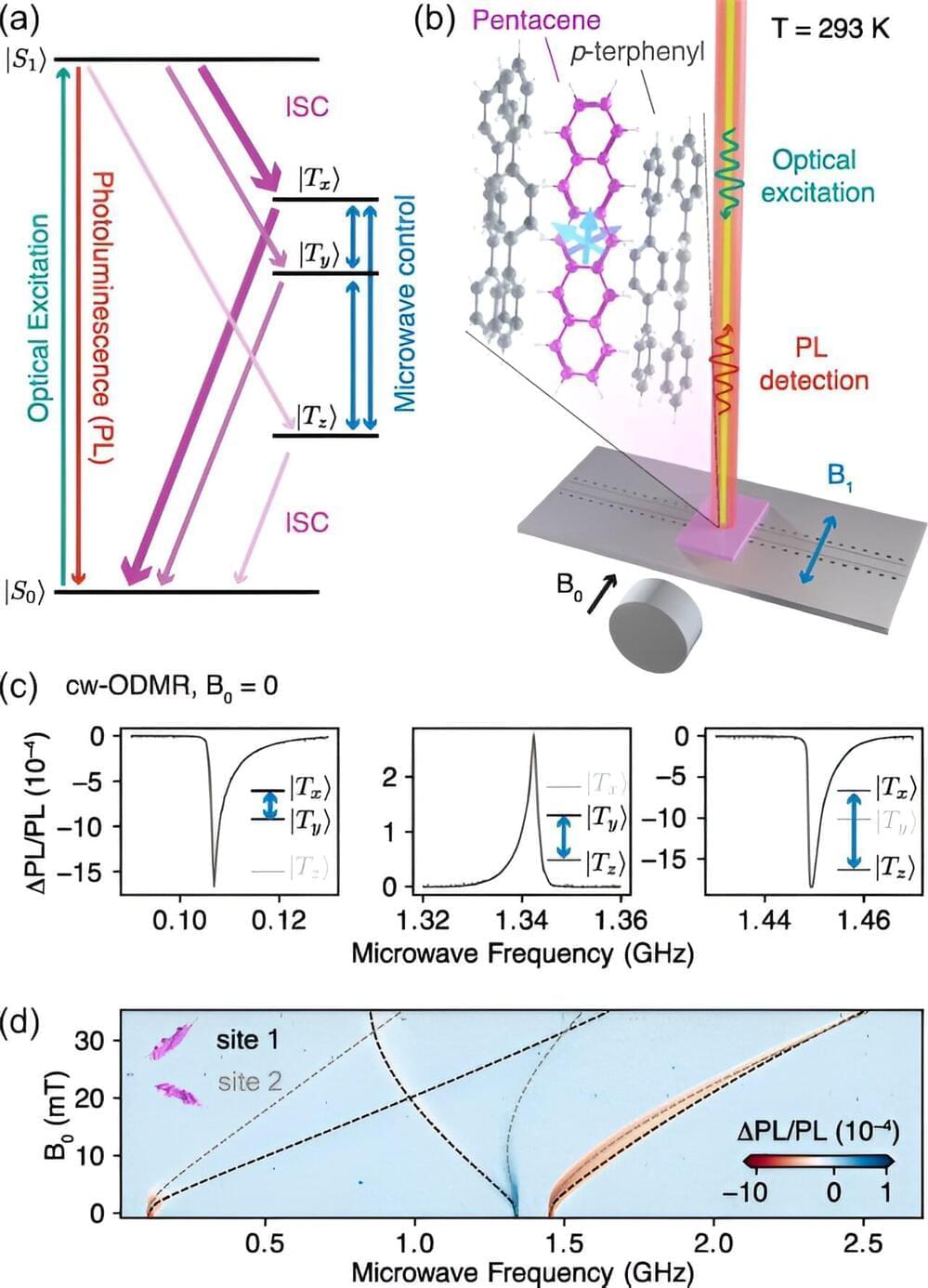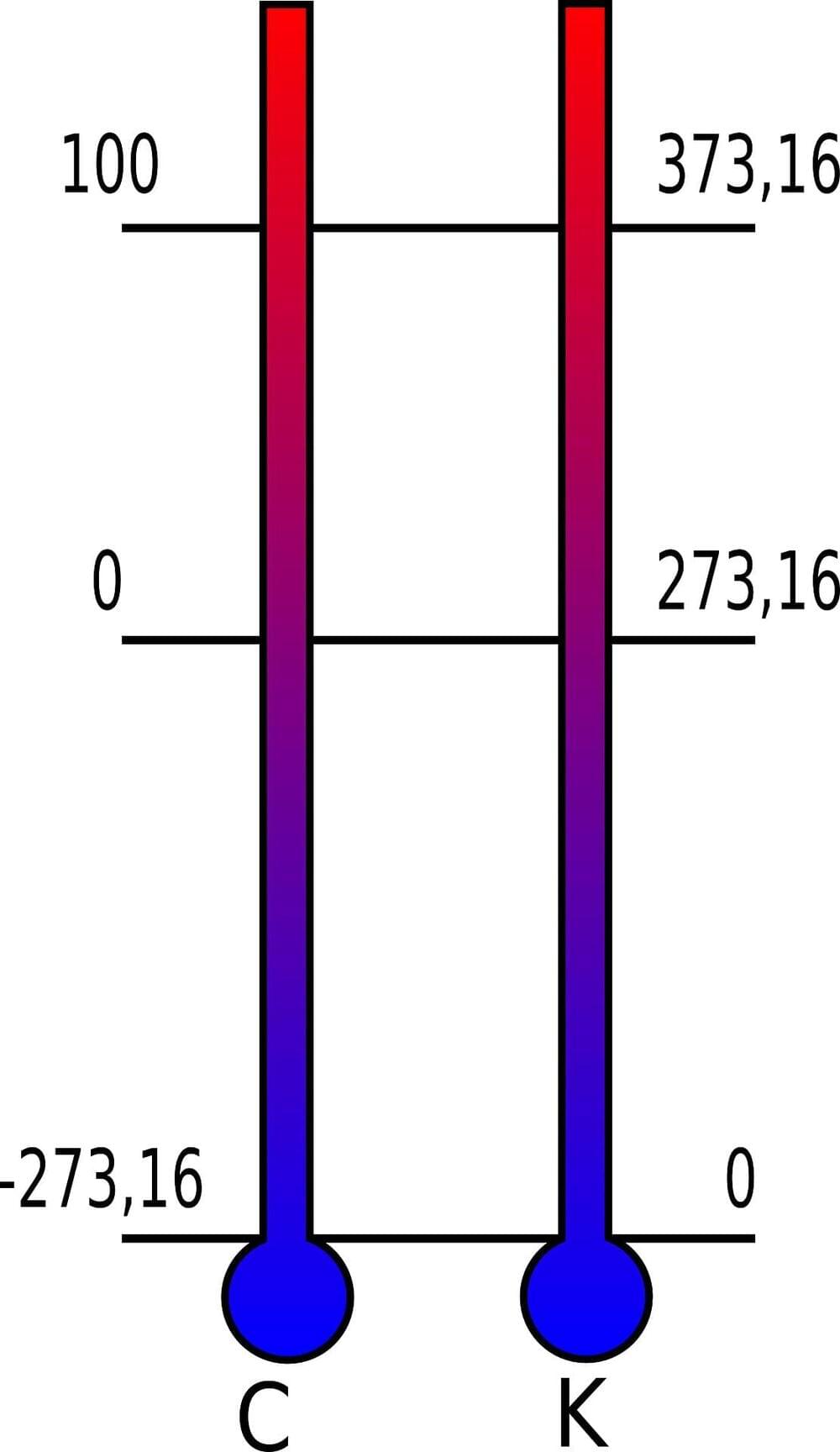An infographic about the Seven Wonders of the Ancient World — extraordinary architectural and artistic achievements celebrated for their grandeur and innovation. The wonders included the Great Pyramid of Giza, the only surviving wonder, which served as a monumental tomb for the Egyptian Pharaoh Khufu. Although the Hanging Gardens of Babylon’s actual existence and location is debated, they were described as a lush, terraced paradise built in ancient Babylon. The Statue of Zeus at Olympia was a massive gold and ivory representation of the Greek god Zeus, crafted by the sculptor Phidias. The Temple of Artemis at Ephesus was a magnificent sanctuary dedicated to the goddess Artemis, famed for its scale and intricate decoration. The Mausoleum at Halicarnassus was an elaborate tomb for Mausolus, a Persian satrap renowned for its architectural splendor and sculptural detail.
Archive for the ‘innovation’ category: Page 15
Sep 21, 2024
The breakthrough AI needs
Posted by Rx Sobolewski in categories: innovation, robotics/AI
Sep 21, 2024
Logan’s List of Entrepreneurship Resources
Posted by Logan Thrasher Collins in categories: biotech/medical, innovation
Compiling this list to help myself and others learn about the entrepreneurial landscape and find opportunities for funding! My list includes brief descriptions/explanations for each entry. Many (but not all) of these resources are aimed at academic researchers seeking to spin off companies based on new biotechnology inventions.
Sep 21, 2024
How AI Can Drive Innovation in Your Industry
Posted by Shubham Ghosh Roy in categories: innovation, robotics/AI
Many industries are experiencing digital transformation because of AI. Here’s how AI promotes innovation.
Sep 20, 2024
Scientists Identify New Blood Group After a 50 Year Mystery
Posted by Genevieve Klien in categories: biotech/medical, innovation
Sep 18, 2024
Quantum tech breakthrough could enable precision sensing at room temperature
Posted by Saúl Morales Rodriguéz in categories: innovation, quantum physics
A breakthrough in quantum technology research could help realize a new generation of precise quantum sensors that can operate at room temperature.
Sep 18, 2024
Lord Kelvin: How the 19th century scientist combined research and innovation to change the world
Posted by Saúl Morales Rodriguéz in categories: innovation, physics
“What got you into astrophysics?” It’s a question I’m often asked at outreach events, and I answer by pointing to my early passion for exploring the biggest questions about our universe. Well, along with seeing Star Wars at an impressionable age.
Sep 16, 2024
Samsung Secures US AI Chip Firm “Ambarella” Orders For Its 2nm Process, Signaling A Breakthrough
Posted by Genevieve Klien in categories: innovation, robotics/AI
Samsung Foundry has reportedly secured a major 2nm customer, the US AI chip firm Ambarella, as the Korean giant seeks to gain market dominance.
Samsung’s 2nm GAA Process Faces Yield Issues, Yet The Firm Still Has Massive Attention From The Markets
Samsung is currently navigating its way through the semiconductor industry since the firm’s foundry division hasn’t witnessed a “conclusive” breakthrough yet, especially for its higher-end processes. To add further confusion to the matter, reports state the Samsung hasn’t managed to achieve “industry-standard” yield rates with its processes, notably the 3nm GAA, which goes to show that the Korean giant is experiencing a hard time in the markets. However, The Elec now reports that Samsung Foundry has secured a 2nm client, the renowned US semiconductor design company Ambarella.
Sep 13, 2024
Infineon announces semiconductor technology breakthrough
Posted by Genevieve Klien in categories: computing, innovation
Infineon announced that it has succeeded in developing the world’s first 300mm GaN wafer technology for power electronics. This allows for the improvement of efficiency performance, smaller size, lighter weight, and lower overall cost for the chips.
Sep 13, 2024
Cancer breakthrough as new vaccine ‘stops tumours in their tracks and prevents new disease’
Posted by Paul Battista in categories: biotech/medical, innovation
A GROUNDBREAKING cancer vaccine could stop tumours growing in patients with advanced disease, researchers say.
Designed to prime the body to recognise and fight cancer cells, the jab could stimulate the immune system to help treat the disease more effectively, early trial results show.
Researchers described the results as “an important first step” in developing a new treatment for people with advanced cancers.
















